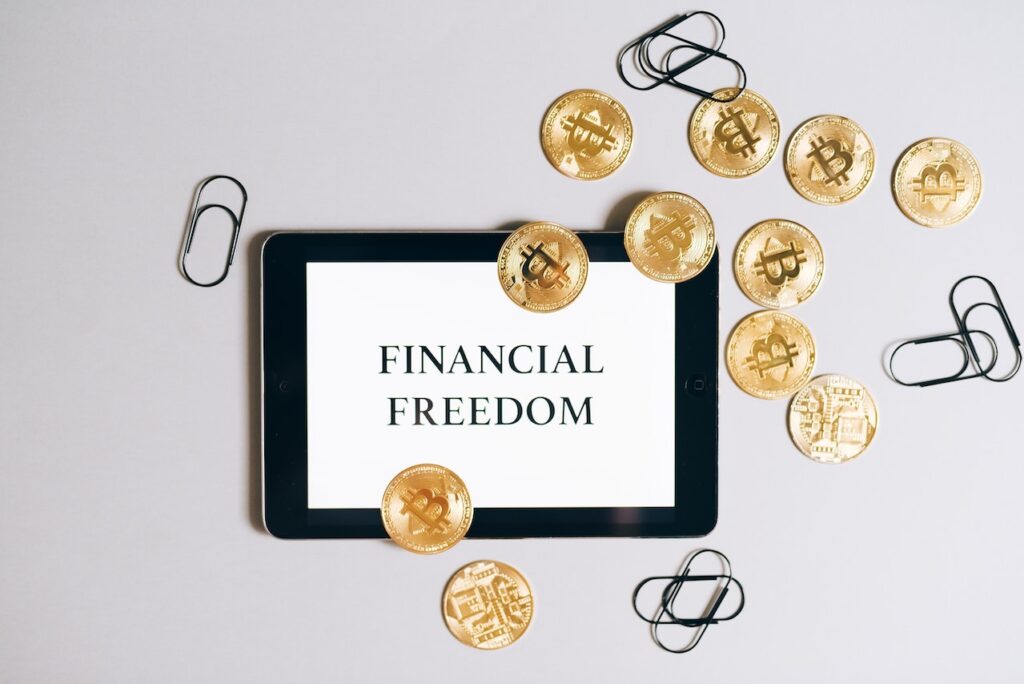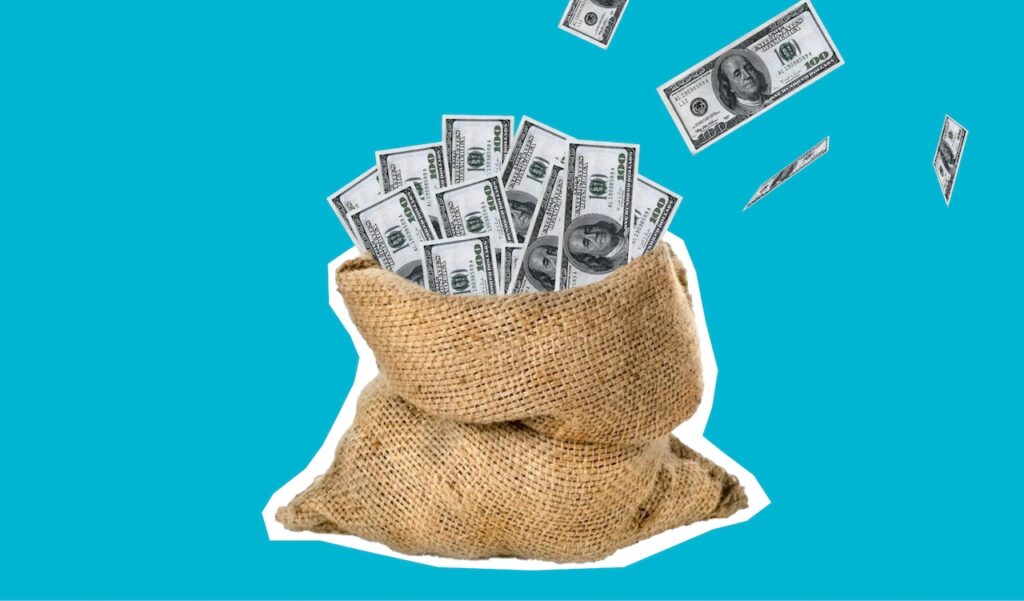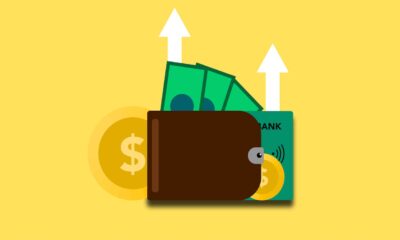Tips
Why Self-Discipline is Crucial for Financial Success
The road to financial independence.
Published
3 years agoon
By
Mario
What does accomplishment mean to you? Everyone has a different idea of happiness, but some universal elements are frequently present. These include a close-knit group of family and friends, fulfilling work, a home, possibly some travel, and the opportunity to impact your community.
If any of that sounds pretty similar to you, you might be startled to learn that maintaining financial discipline is essential to realizing your goals.
It’s unlikely that you will achieve your financial goals without a plan for how you will save money, eliminate debt, and pay for necessary expenses. But you’ll discover that life becomes richer — not simply in terms of money — when you stick to a plan and clearly explain your goals for success.
Accomplish Financial Goals

You may accomplish your major objectives more quickly with financial discipline than with a haphazard savings strategy. Following your budget and forgoing luxuries like a morning cappuccino or an expensive new pair of running shoes may enable you to achieve your financial goals sooner than you initially thought possible.
You’re one step closer to buying your ideal property, setting up your children’s college account, or taking that three-month vacation to travel through Southeast Asia whenever you apply discretionary money to savings or debt repayment.
Develop Wealth More Quickly
You’ll be able to invest your money wisely if you have been diligent enough to pay off your debt and have reached your financial milestones. A professional financial advisor can assist you in developing an investment plan that will optimize your income and ensure your long-term security.
Increase Your Reflection Regarding Your Expenses

By reducing impulsive purchases, you give yourself the mental room to consider the motivations behind your choices.
People frequently spend money to deal with stress and emotional difficulties. Shopping offers a certain joy, and the freshly acquired goods serve as a diversion from one’s internal struggles. When you decide to practice financial restraint, you must stop before you spend and consider your reasons for doing so.
Do you like going out to eat five evenings a week, or are you just too worn out at the end of the day to do anything but fall in front of the TV with just some takeaway food?
Do you need to spend money on expensive social activities every night of the week, or would it be better if you took some quiet time to make a long-term plan? Do you enjoy shopping when you feel the impulse to spend money, or are you putting off feeling some negative emotions?
Not only may having a reflective mentality help you become financially stable, but it may also help you find better ways to handle difficult situations. Even more cathartic than buying, calling a buddy, or going for a stroll won’t jeopardize your finances.
Additionally, long-term stress management approaches include therapy, exercise, and meditation. These strategies may have a long-term positive impact on your psychological and physical health and general well-being when combined with less impulse buying, which can worsen stress or shame.
Provide Space for Generosity
Dave Ramsey is a well-known personal finance author and radio host who encourages people to “Live like no one else so you can live and give like no one else.” He promotes setting up your finances in order so that you can build wealth and generously give to loved ones, friends, and causes that are significant to you.
When you maintain discipline, you can better assist those in need or spoil the people you care about on special occasions. It could be difficult to decline invites to expensive occasions and cook every night at home.
Nevertheless, even little sacrifices will be worthwhile when you can surprise your friend by flying across the nation to see them for a significant birthday or take your parents on an anniversary vacation.
By giving to charity, endorsing political causes, and building resources that help their communities, people with good financial habits can use their money to influence social change over the long term.
Even if wealth growth is not your top aim, having sound financial practices is important for success. Having good financial habits makes it easier to achieve success on your terms. You’ll be inspired to maintain discipline and live the happy life you’ve imagined if you often remind yourself of your essential goals and create a distinction between them and financial security.
What Makes a Good Saver?

A wise saver can maintain a high rate of savings. Simply put, a wise saver keeps a healthy distance between their after-tax income and spending.
Their income and expense disparity lasts longer than a few weeks. Over several years, they maintain the distance.
There are only two strategies to improve your saving habits:
- Decrease Spending
- Boost Revenue
Also, keep in mind that there is an intriguing expense cap. Costs can only be reduced so far. You’ll eventually have to compromise on your shelter, mode of transportation, food, and clothing. Income has no maximum level.
The percentage of the after-tax income you save is your savings rate. It is the most significant measurable factor in personal finances.
Why Is Self-Discipline the Secret to Saving Money?
To reduce spending and boost income, self-control is required. By choosing to postpone pleasure today, you can control your spending:
- Controlling your short-term spending urges
- Using the expenditure audit to track spending
- Putting spending control measures in place
- Use credit cards with caution. Getting rid of them if you can
Final Note
How can you improve your ability to save? Reduce spending or boost revenue. It is easy but challenging. Both involve self-control and delayed satisfaction. That is why it isn’t easy. You can boost your income by exercising self-control.
It can help you concentrate more on difficult work, and it’s important for bettering schooling. Finally, discipline is necessary to learn from mistakes. You may reduce your spending by regulating your emotions, creating a budget, and using credit cards responsibly.
Consistency in all of these actions is required. Habits have a part in this. Discipline is required to complete the preliminary work to create a new habit. The habit then operates automatically. Willpower demands become less demanding.
You may like

Best Problem-Solving Strategies In Business

How to Start Affiliate Marketing Through Amazon

How to Plan A Wedding On A Budget

10 Reasons Why Budgeting Is Important












